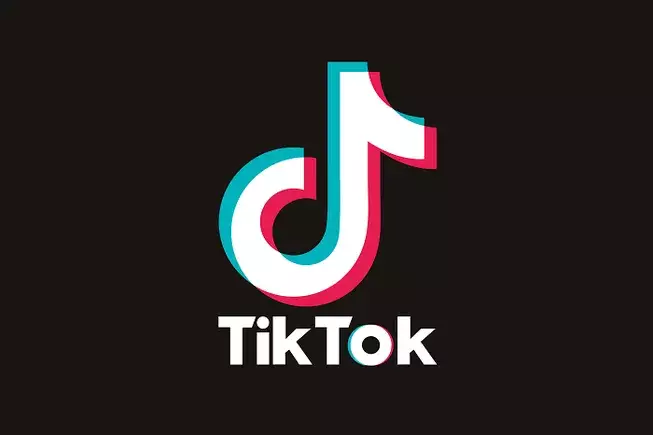In the ever-evolving digital landscape, TikTok has emerged as a cultural juggernaut, captivating millions with its short-form video content and unique engagement mechanics. However, this meteoric rise has not been without controversy, particularly concerning national security and data privacy. The concerns stem from TikTok’s ties to its parent company, ByteDance, which is based in China. Lawmakers in the United States have continuously expressed apprehensions about the potential misuse of user data. Above all, the geopolitical tensions between the U.S. and China amplify these concerns, casting a shadow over TikTok’s operations in America.
The legislative backdrop includes the recent passage of the “Protecting Americans from Foreign Adversary Controlled Applications Act.” This act forces TikTok to be sold to a U.S.-owned entity to mitigate perceived threats to national security. The stakes are exceptionally high—not only for TikTok’s existence in the U.S. market but also for its vast user base, including influencers and businesses that rely on the platform for visibility and engagement.
Current Developments
As of late, Vice President J.D. Vance has taken center stage in navigating this complex situation, expressing optimism that a deal will be finalized before the imminent April 4th deadline. Vance has suggested that the negotiations are advancing towards a high-level agreement, purportedly capable of assuaging the national security concerns that drove the need for this transaction in the first place. This optimism is critical; should an agreement fail to materialize, hundreds of thousands of creators and businesses would bear the brunt of the repercussions, losing a valuable platform for connection and commerce.
This situation contrasts sharply with the information flowing in from various stakeholders. While Vance spoke of hope, reports from other sources paint a less rosy picture, hinting at limited accessibility and confusion regarding the deal’s groundwork. It reflects a classic case of corporate and governmental labyrinthine negotiations where clarity remains elusive. The discourse around the situation is rife with mixed signals; for instance, President Trump has asserted that four viable offers are on the table, despite the confusion surrounding these claims.
The Role of Oracle
A pivotal player in this unfolding saga appears to be Oracle, a company that has had a tumultuous relationship with TikTok dating back to the previous administration. Back in 2020, during an effort to ban TikTok, Trump sought to sell its U.S. operations to Oracle, underlining the latter’s strategic importance in this new agreement structure. Oracle’s established partnership with ByteDance for Project Texas, which focuses on U.S. data separation, provides it with reputable claim to be a suitable partner for TikTok moving forward.
The intricate ties between Trump, Oracle, and ByteDance raise questions about transparency and equity in a potential deal. Critics may argue that personal relationships should not dictate corporate transactions, especially when national security hangs in the balance. Nevertheless, if Oracle is indeed the U.S. government’s preferred partner, this could signal a workaround for perceived threats while enabling TikTok’s continued operation in the U.S.—likely under strict oversight.
Implications for Users and Content Creators
For the millions of dedicated users and content creators who have cultivated vibrant communities on TikTok, the uncertain fate of the app feels personal. The deep connections fostered on this platform, whether for entertainment or business, risk severance should the app be forced to exit the U.S. market. Creators often tie their livelihoods to the platforms they use, making any potential loss devastating, not solely for individual users, but for the entire digital economy.
Furthermore, the outcome of these negotiations poses a challenge beyond TikTok. It highlights a significant turning point for tech platforms, particularly those with foreign ownership. As regulators across the globe scrutinize foreign tech companies, the resolution or failure of TikTok’s situation could set precedence for future dealings. The intersection of national security, user data, and business operations is entering uncharted territory, and how this situation resolves could herald a new era for tech regulations worldwide.
The evolving storyline around TikTok serves as a microcosm of a larger debate—one steeped in national security and corporate interests. The outcome will not only define the app’s future but also encapsulate the intricate dance between innovation, governance, and the rights of users in an interconnected world.


Leave a Reply
You must be logged in to post a comment.